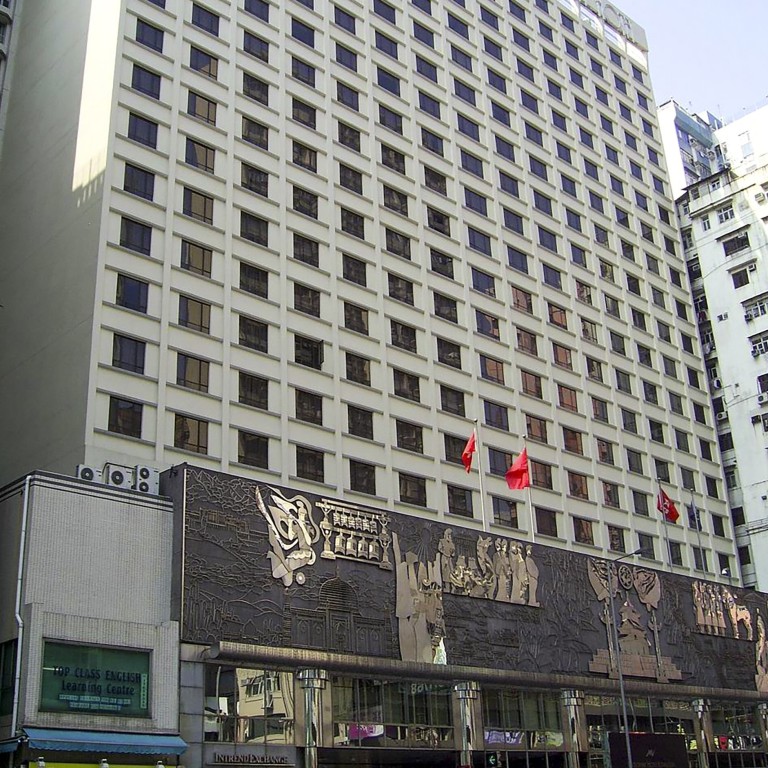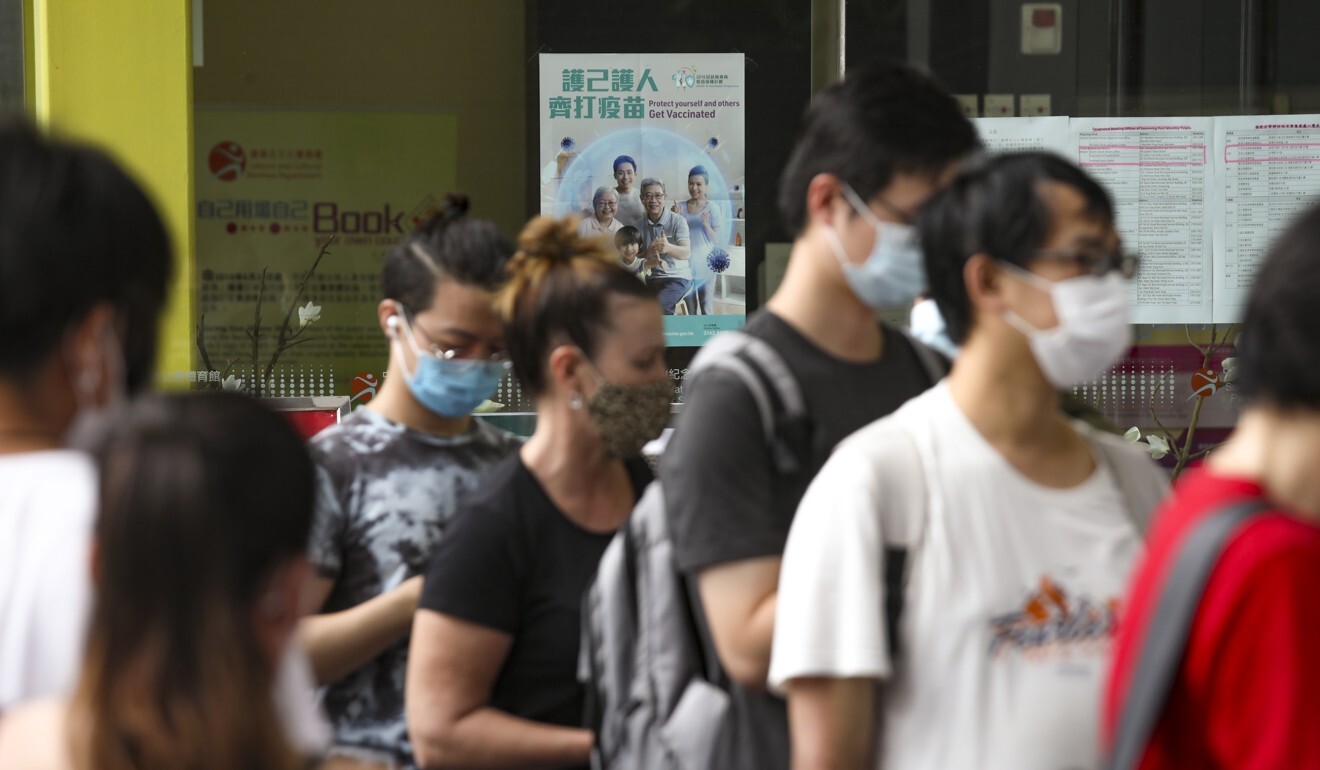
Coronavirus: Hong Kong hotels want clearer guidance, compensation for potential lost nights under new quarantine plan
- While residents will know before their trips if they qualify for halved isolation period, uncertainty about travellers who could leave mid-stay has sector on edge
- City, meanwhile, confirms 7 imported Covid-19 infections, including 6 from Indonesia, extending a streak of zero local cases to more than two weeks
But a leading health expert warned the long-awaited easing of isolation rules could open the door to a fresh outbreak, noting the fourth wave was prolonged by an arrival who completed quarantine without screening catching his infection.
The next phase of easing would apply to all vaccinated travellers entering from countries classified as medium- or low-risk, she said.
While Hongkongers will be able to take an antibody test before leaving and lock in a seven-day quarantine for their return, other vaccinated arrivals must book 14 days of isolation, which will be reduced by half if their antibody test is positive.
But the uncertainty over the length of stay has some hotel operators concerned about complicated booking procedures and potential loss of revenue.
Michael Li Hon-shing, executive director of the Federation of Hong Kong Hotel Owners, said the government did not consult the sector about the new isolation arrangements.
“The government announced the shortened quarantine periods but did not consider whether it was feasible for hotels to operate in that way,” Li said.
“The new rules are problematic. Are vaccinated travellers supposed to book a 14-day or seven-day stay? We don’t know either, and designated hotels will have a lot of problems if guests end up having to shorten or extend their stay by a week.”
The Post has reached out to health authorities for additional clarification.
Hong Kong businesses say Covid-19 rules easing too conservative, too late
Tourism sector lawmaker Yiu Si-wing said he hoped to meet government officials and explain that while shortening the quarantine period would help make returning to the city easier for business travellers and overseas Hongkongers, hotels might not enjoy a boost in revenue.
Under a mechanism in place since late last year, the government guaranteed a 50 per cent occupancy rate for designated quarantine hotels and provided a subsidy if the proportion fell below that level, he said.
Yiu suggested the government could pay for the week of unused room booking for those guests who checked out early after testing positive for antibodies.
“Hotels will have to find an operational solution for guests to book 14-day blocks but effectively treat them as a one-week quarantine stay for vaccinated people who test positive for antibodies,” he said.
The city has 33 designated quarantine hotels providing about 9,000 rooms, most of which have already been booked for the summer months.
Yiu said he expected business travel to pick up after August, especially as more people from overseas countries were vaccinated and attracted to Hong Kong by the seven-day quarantine.
What are Hong Kong’s quarantine rules? All the latest on Covid-19 travel restrictions
Raymond Liu Wai-man, general manager of the Metropark Hotel Kowloon, one of the properties designated for quarantine, expressed concerns the sector would not be able to make up for lost revenue under the new arrangements by accepting walk-in customers.
“The first phase should be fine because Hongkongers can obtain the antibody tests in Hong Kong before leaving, and if they return within three months, their results will still be valid,” Liu told a radio programme.
“But the next phase will be troublesome. Guests would book their room months in advance. But when their quarantine period is cut because they meet the antibody test requirement, then the hotel will have a seven-day block suddenly freed up.”
Given most vaccinated travellers would be able to show antibodies, hotels might treat a 14-day quarantine booking as most likely to end up being a seven-day stay, he added.
Infectious disease specialist Dr Ho Pak-leung described the shortened quarantine period for vaccinated travellers as a “bold relaxation” and warned of a possible risk of local transmissions.
Ho explained the probability of detecting imported infections by testing during the quarantine period was about 70 per cent for seven days of isolation, and up to 97 per cent for a 14-day quarantine.
He noted the fourth wave of infections in Hong Kong was prolonged after an imported case was detected in the wake of a three-week isolation period.

“If you’re coming from a high-risk country and you are vaccinated, shortening quarantine from 21 days to 14 days is reasonable,” Ho said. “But lowering it to just seven days … would mean 30 per cent of [imported infections] could be transmitted in the community.”
Hong Kong is one of the few places in the world to have kept Covid-19 caseloads and deaths to a minimum, but it has struggled to reopen to travellers amid reluctance by residents to get vaccinated.
Bars and pubs, which must ensure all staff are fully vaccinated and can only allow in patrons who have received at least one shot, can have four people per table, up from two.
Lam said factors such as the local infection situation and the need to resume business activities were taken into account in the decision to lift some restrictions.
“I have made it very clear and I have admitted that in determining social-distancing measures there’s no exact science. It’s a judgment based on several factors,” she said during a weekly briefing.
Additional reporting by Natalie Wong and Gigi Choy

